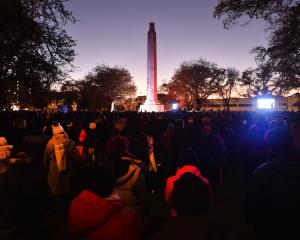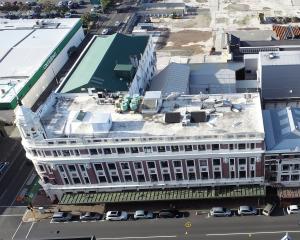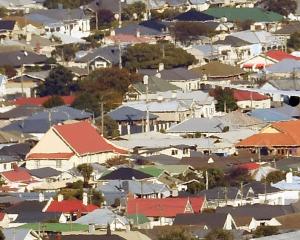
First semester examinations began at the university on June 4, and run until June 20, and Ramadan lasts from May 17 until June 15 this year.
Muslim University Students' Association president Qais Nayle said the Otago Muslim Association had been providing students with meals at the mosque every evening when they broke their fast.
Yesterday, hundreds filled the halls of the Al Huda Mosque to pray and feast together.
It was about ''getting into a routine and getting used to it'', and making an intention or a goal to get through, he said.
Ramadan instilled empathy for people who were less well-off, and appreciation for how lucky you were.
''We actually want to [identify with] those people who can't afford to have food,'' he said.
''Even in New Zealand, and in Dunedin, there are people who are hardly managing to afford to put food on the table for their kids.''
Students had to fit praying five times a day around study, fasting and reading the Koran.
New Zealand's short winter days made it easier for students here than in some other countries around the world.
''Time passes comfortably.''
He found it suited him to study through the night, so he could keep his energy levels up with snacks, and then to sleep after sunrise and wake up in the afternoon.
Morning exams were hardest for him, because they disrupted his routine.
However, final-year biomedical student Aiysa Ahmad (20) said she found Ramadan actually improved her concentration and focus for exams, because she worked harder without the distraction of having snacks and drinks.
''I see it as a great way to discipline myself,'' she said.
Her tips for getting through the month included drinking a lot of coffee and water at breakfast, eating a lot of food and taking regular naps.
Muslims placed an emphasis on the importance of doing good deeds for others during Ramadan, which she found was a very positive thing.
''I treat it as a best friend.''












